Jed Foundation [web resource]
 The Jed Foundation (JED) empowers teens and young adults with the skills and support to grow into healthy, thriving adults. JED believes in a comprehensive, public health approach to promoting emotional and mental health and preventing suicide.
The Jed Foundation (JED) empowers teens and young adults with the skills and support to grow into healthy, thriving adults. JED believes in a comprehensive, public health approach to promoting emotional and mental health and preventing suicide.
JED aims to ensure more teens and young adults get access to the resources and support they need to navigate life’s challenges. Read more ›

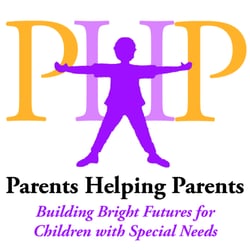 Parents Helping Parents
Parents Helping Parents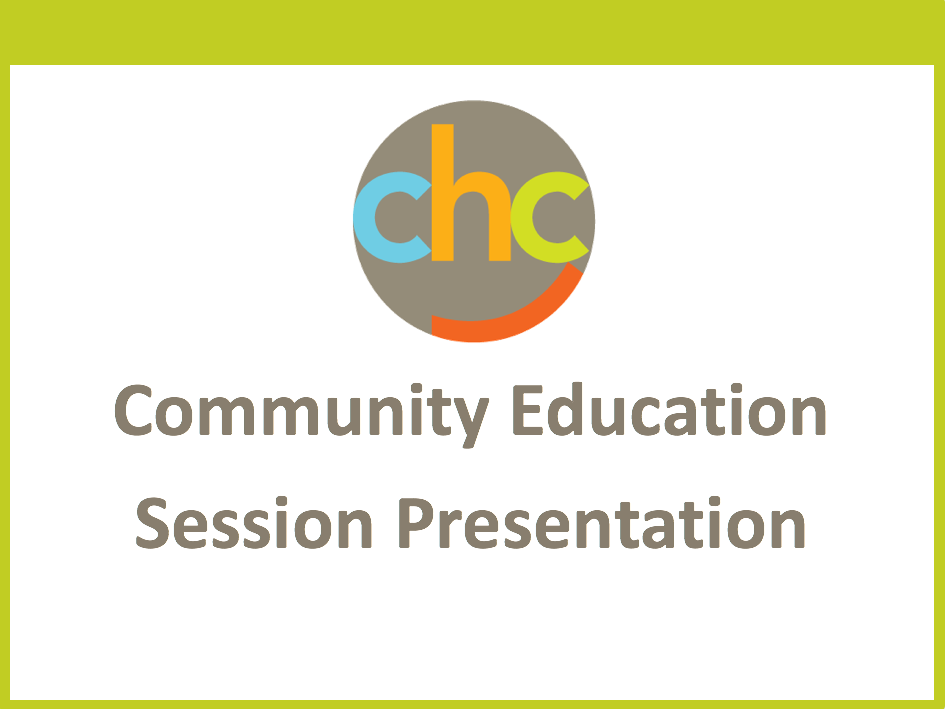
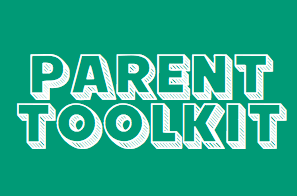
 It may be hard at this age to engage your child in a long discussion about emotions, but taking a couple of minutes a day to ask “What made you feel good today?” or “Did anything upset you today?” is a great way to show you care. Try to avoid questions that will get a “yes” or “no” answer to create more conversation.
It may be hard at this age to engage your child in a long discussion about emotions, but taking a couple of minutes a day to ask “What made you feel good today?” or “Did anything upset you today?” is a great way to show you care. Try to avoid questions that will get a “yes” or “no” answer to create more conversation.
 Parents wonder what they could be doing to better help their kids navigate the sometimes-treacherous waters of their adolescent years. Fortunately, scientists who study teen depression have some preliminary advice.
Parents wonder what they could be doing to better help their kids navigate the sometimes-treacherous waters of their adolescent years. Fortunately, scientists who study teen depression have some preliminary advice.
 The Greater Good Science Center (GGSC) is part of University of California at Berkeley’s
The Greater Good Science Center (GGSC) is part of University of California at Berkeley’s 
 Nonprofit
Nonprofit 
 The main predictor of how well your child will do in school and in life is the strength of the relationship he or she has with you, the parent or primary caretaker. This relationship impacts your child’s future mental, physical, social, and emotional health. It is not founded on quality of care or parental love, but on the nonverbal emotional communication between child and parent known as the attachment bond. While it’s easiest to form this secure attachment bond with an infant, it can be formed at any time or at any age.
The main predictor of how well your child will do in school and in life is the strength of the relationship he or she has with you, the parent or primary caretaker. This relationship impacts your child’s future mental, physical, social, and emotional health. It is not founded on quality of care or parental love, but on the nonverbal emotional communication between child and parent known as the attachment bond. While it’s easiest to form this secure attachment bond with an infant, it can be formed at any time or at any age. 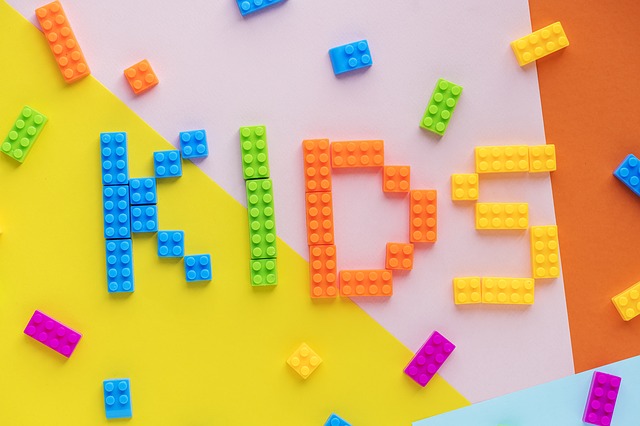
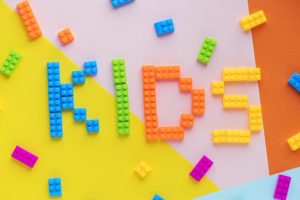 Children grow and develop at different rates. While their pathways through childhood differ, most pass a set of predictable milestones along the way. The information presented here offers a map that can help you follow your child’s journey from birth to age 5.
Children grow and develop at different rates. While their pathways through childhood differ, most pass a set of predictable milestones along the way. The information presented here offers a map that can help you follow your child’s journey from birth to age 5. 

